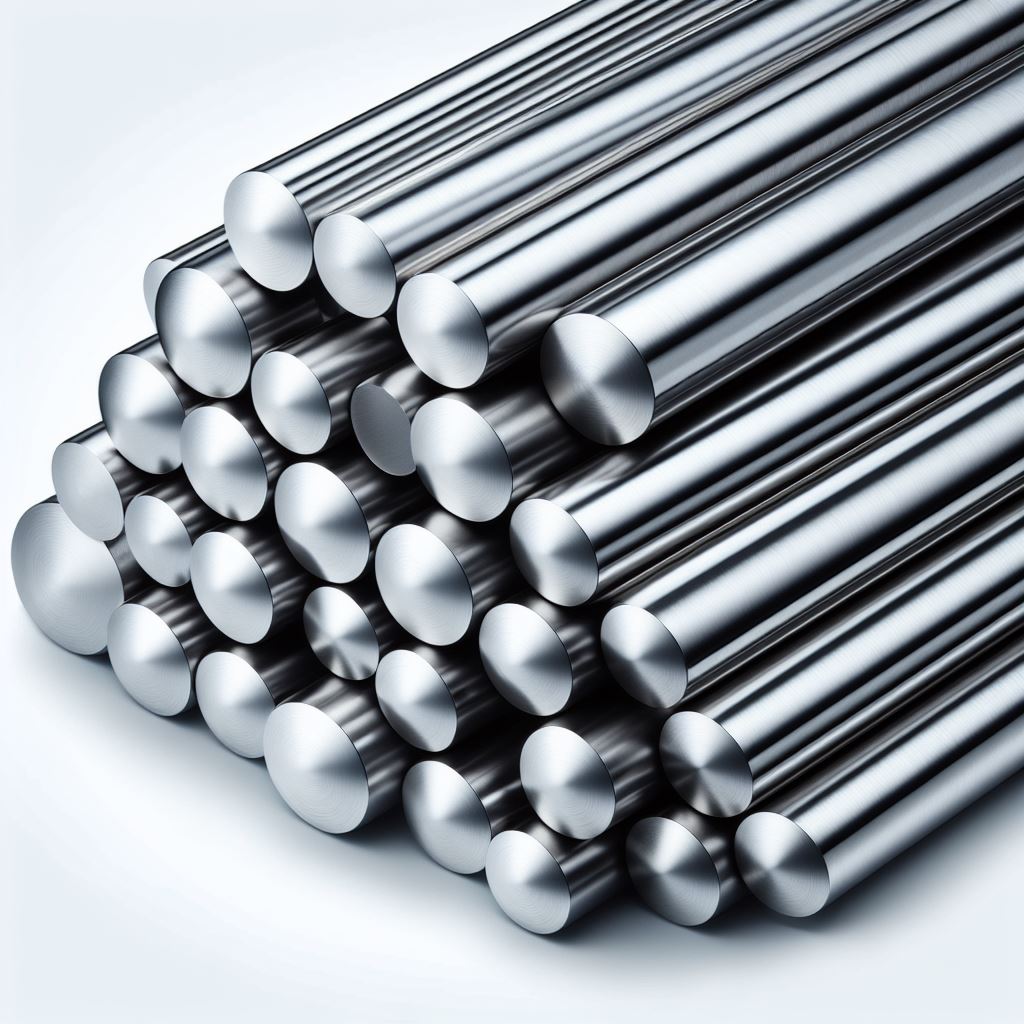The purity of bearing steel affects the lifespan of bearings. Here are some factors related to this:

- Fatigue life: Bearing steel with high purity has fewer inclusions and impurities, which reduces microscopic defects within the material and improves the fatigue life of the bearing. Inclusions and impurities can serve as stress concentration points, leading to crack initiation and propagation, ultimately resulting in bearing failure.
- Corrosion and oxidation: Bearing steel with high purity has lower oxygen content and fewer inclusions, making it more resistant to corrosion and oxidation. Corrosion and oxidation can damage the bearing’s surface and internal structure, leading to bearing failure.
- Temperature and thermal stability: Bearing steel with high purity typically exhibits better thermal stability, maintaining its strength and hardness at high temperatures. This is particularly important for high-speed bearings, as high speeds generate higher levels of frictional heat.
- Wear and friction: Bearing steel with high purity generally has a more uniform microstructure and lower friction coefficient, which helps reduce wear and friction losses in the bearing. A uniform microstructure provides better surface lubrication and more even load distribution, resulting in reduced wear.
In summary, bearing steel with high purity can provide a higher fatigue life, better corrosion resistance, improved thermal stability, and lower wear and friction losses. These factors collectively contribute to significantly enhancing the lifespan and performance of bearings. Therefore, purity is an important consideration when selecting bearing steel.